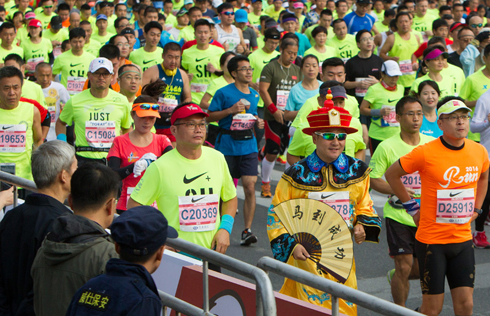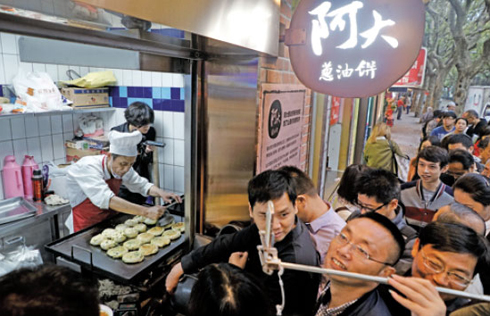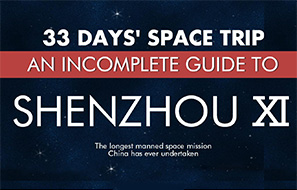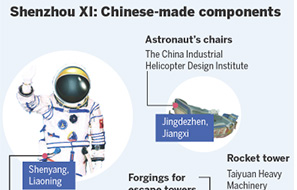Major think tank set up to solve urban management issues
China Institute for Urban Governance, a think tank that gathers a talented pool of people and provides a high-level platform for international communication and collaboration in the urban governance sector, was set up in Shanghai on Sunday.
With the support from the municipal government, the institute will be run by Shanghai Jiao Tong University and the Development Research Center of Shanghai government. The institute was unveiled at the Global Cities Forum held at the Shanghai Jiao Tong University.
By 2040, Shanghai will become a global city of excellence, innovation, humanity and ecology, Yang Xiong, mayor of Shanghai, said in his address to the Global Cities Forum. “The forum has provided a premium platform for enhancing the exchange and cooperation for urban management.”
According to the United Nations' 2014 World Urbanization Prospects Report, half of the world's 7 billion people lived in urban areas that year. In China, more than 80 percent of its total economic output is generated in cities, with over 50 percent of the population living in urban areas.
But in recent years, a number of problems, including pollution, traffic congestion, health care, emergency management, have become a challenge for city management.
Given the urgent needs for talented people, the institute will gather wisdom from experts from the university, government and consulting firms, and provide training for people in the city governance sector.
The institute has started preparing for an academic journal, Journal of Urban Governance, a big data research center and a case study center focusing on topics like urban public security, habitability, public service and creating smart cities.
The Global Cities Forum gathered scholars and industry insiders from UN-HABITAT, World Bank, Development Research Center of State Council, Shanghai Jiao Tong University and other organizations.
It focused on the discussions of urban governance innovation, economic transformation and development, traffic management innovation, ecological management and cultural protection and heritage.
- China's urban jobless rate slightly down in Q3
- Enterprise loan disputes between Beijing Urban and Rural Construction Group Co, Ltd, the Shandong Branch of Beijing Urban and Rural Construction Group Co, Ltd, and China Railway Material Group Xinjiang Co, Ltd
- Urumqi proceeds with urban greening
- Primates prowling in an urban jungle
- GM invests in urban mobility app maker
- Over 1,000 China COSCO Shipping ships join force in search for Chinese sailor Guo Chuan
- China's development, stability require strong core leadership: commentary
- Chinese commercial vessel joins search for missing Chinese sailor Guo Chuan
- Temperatures in North China to fall sharply
- Historical Yangtze bridge to get new look


















